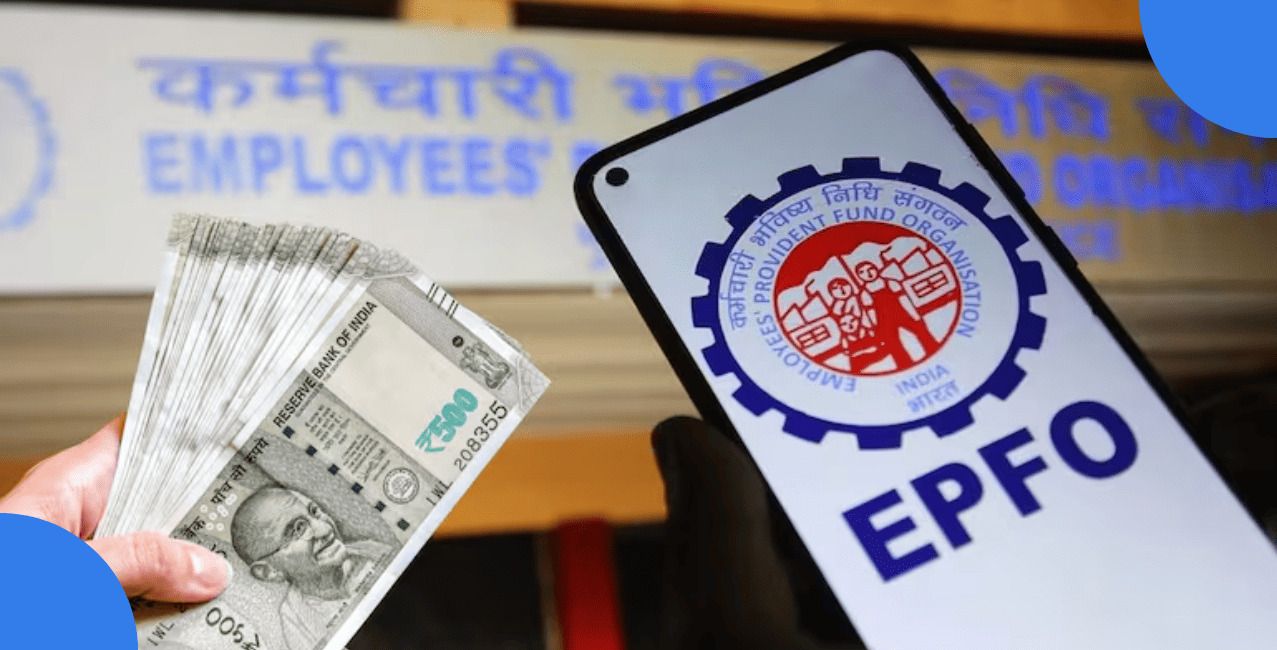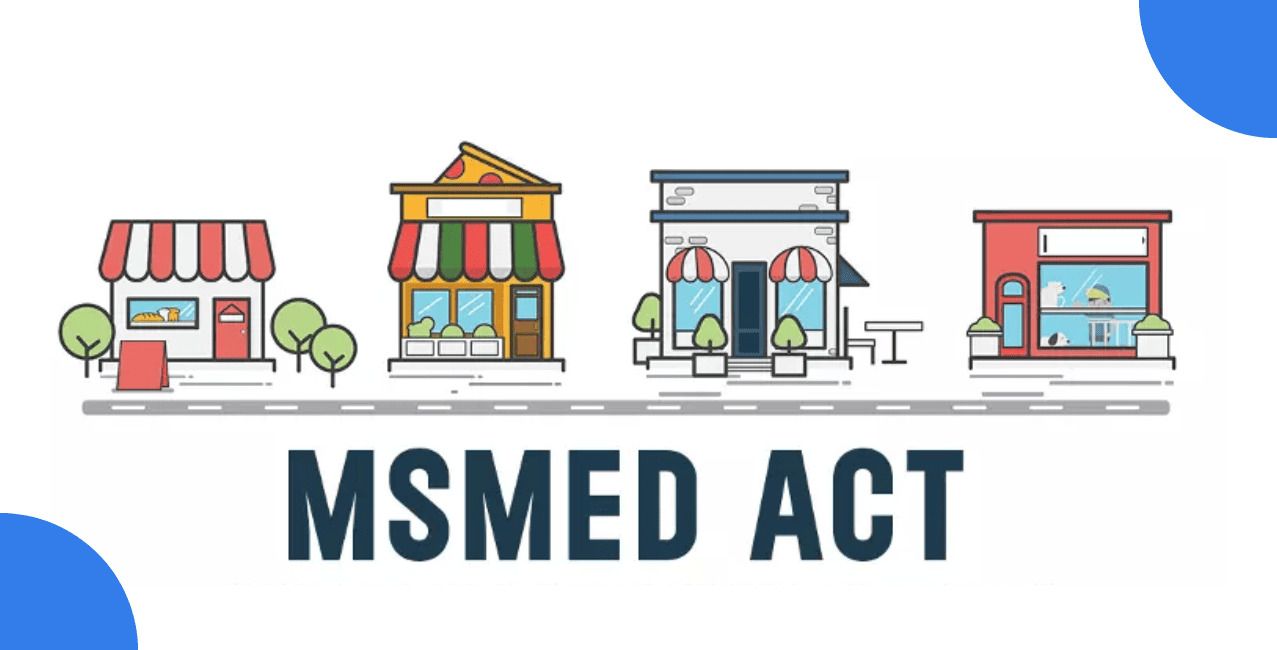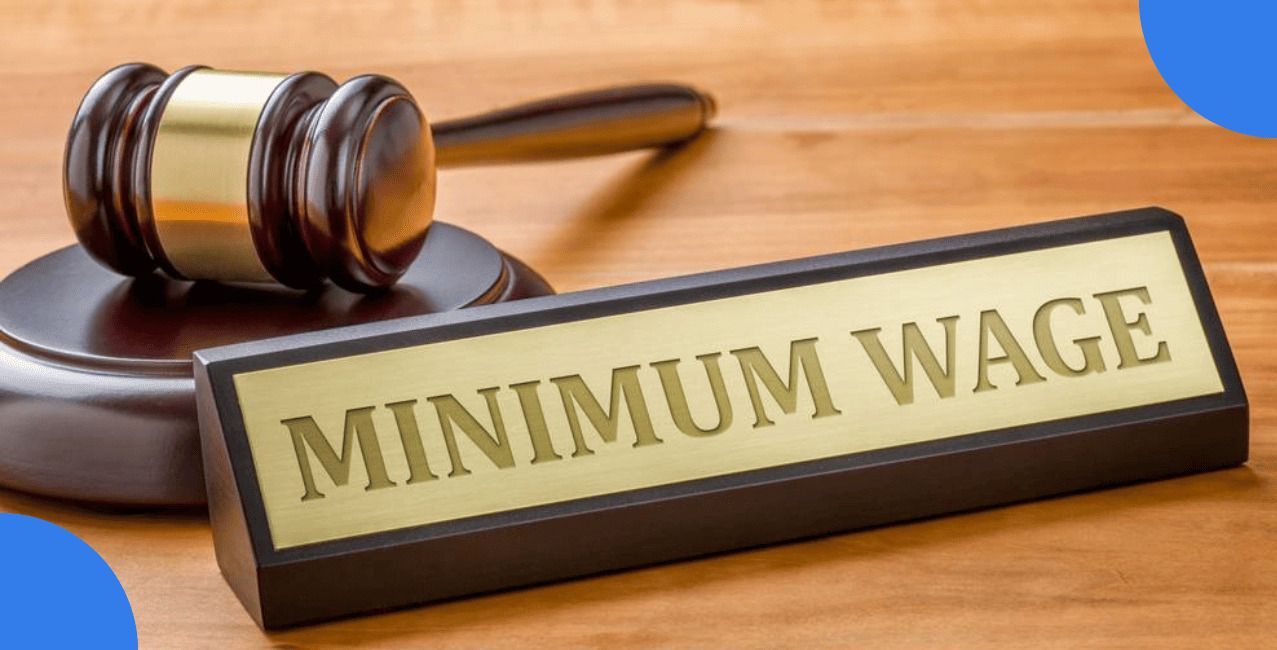Consumer Spending & Demand: Fear and Uncertainty Freeze the Indian Economy During a Conflict?
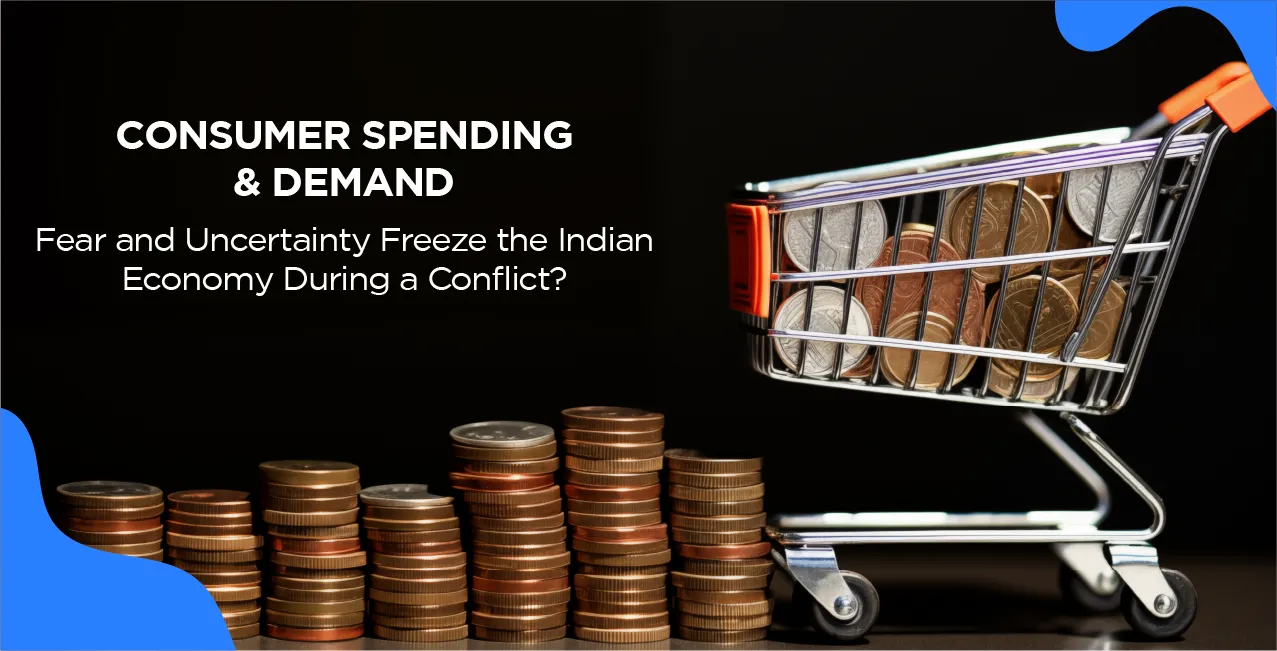
Check Your Loan Eligibility Now
By continuing, you agree to LoansJagat's Credit Report Terms of Use, Terms and Conditions, Privacy Policy, and authorize contact via Call, SMS, Email, or WhatsApp
Are Indians spending less when conflict arises? That question is becoming more serious with every report. When fear is in the air and the future looks shaky, wallets tighten. People stop spending, and businesses feel the shock.
In India, where most of the economy runs on consumption, a minor disruption can become a full-blown freeze.
The story from big cities to small towns remains the same: conflict creates hesitation. Whether it is war on the border, political tension, or a global crisis, the aftershock reaches every home and every kirana shop. Let's explore how fear and doubt choke India's economic activity during conflict.
When Fear Spreads, People Spend Less — Understanding the Pattern?
Consumer spending drives India's economy, accounting for almost 60% of the GDP. But in conflict situations, this wheel slows down. People avoid unnecessary expenses by delaying purchases, cancelling travel, and stopping buying oversized items like cars or electronics.
Let’s look at this through a real example. In April 2025, the RBI's Consumer Confidence Index dropped sharply to 53.1 from 58.5 in January. This drop signals how people feel: unsure, nervous, and unwilling to take financial risks.
Here’s a look at key changes in buying habits:
Item Category | Demand Trend | Reason |
Essentials (groceries, milk) | Stable | Needed for survival |
Luxury (jewellery, high-end phones) | Down | Too expensive, not urgent |
Travel & Tourism | Crashed | Safety, cost concerns |
In short, when uncertainty rises, spending falls. And when spending falls, the economy freezes in parts.
The Retail Dip: Shopping Habits Change Fast
Retail is the first place where fear shows up. Shops stay open, but customers stay away. Footfalls shrink from Delhi's shopping malls to local markets in Indore. According to March 2025 data, retail sales dipped 7% compared to last year.
People spend only on essentials. Kirana stores still sell rice, wheat, oil, and soap. But bigger purchases stop. An ₹80,000 smartphone or a ₹1,50,000 sofa suddenly feels like a burden. People prefer to save money. In Tier 1 and Tier 2 cities, clothing chains and electronics outlets report a massive drop in footfall.
This slowdown has another layer. Retailers face unsold stock. Brands cut down new orders. Tailors, delivery agents, and sales staff all feel the pressure. Fear doesn't just stay in the consumer’s home; it spreads to the supply chain.
Retail Segment | March 2024 Sales | March 2025 Sales | Change % |
Apparel & Footwear | ₹2,70,000 crore | ₹2,50,000 crore | -7.40% |
Electronics | ₹1,30,000 crore | ₹1,18,000 crore | -9.20% |
Essentials | ₹90,000 crore | ₹91,500 crore | 0.016 |
So even if stores remain open and discounts get deeper, buyers are still missing. And when buyers disappear, so does demand.
Cars, Bikes, and Big Buys Take a Backseat
Automobiles show us clear signs of a slowdown. In normal times, Indians upgrade bikes, buy cars during festivals, or invest in commercial vehicles. But during conflict, big purchases vanish.
Passenger car sales in April 2025 went up just 2%, compared to 12% in April 2024. The excitement to own a car has taken a hit.
Buying a ₹6,00,000 hatchback feels risky when one’s job or salary is under threat. Similarly, ₹1,50,000 bikes are being avoided by students and working-class people alike.
Vehicle Category | April 2024 Sales | April 2025 Sales | Growth % |
Passenger Cars | 3,00,000 units | 3,06,000 units | 2.00% |
Two-Wheelers | 13,00,000 units | 12,00,000 units | -7.70% |
Commercial Vehicles | 75,000 units | 68,000 units | -9.30% |
This signals not just hesitation but shrinking confidence. The auto sector employs lakhs of people, from factories to dealerships. When this engine slows, the impact hits fast and deep.
Real Estate: Buyers Turn Away, Developers Wait
Real estate in India often works on faith, faith that incomes will rise, jobs will stay, and the property will gain value. But uncertainty crushes that faith.
In Q1 2025, property registrations dropped 15% in key cities like Bengaluru, Pune, and Hyderabad. The ₹60,00,000 home purchase got delayed. Instead, families choose to rent for longer.
Why? Because EMIs look scary when layoffs loom. Home loans of ₹35,000 per month or more become too risky. Banks get strict with lending. Developers delay new launches; projects already under construction face funding shortages.
Developers offer discounts, flexible payment options, and even freebies, but buyers remain quiet. It is not about the cost; it’s about confidence.
City | Q1 2024 Units Sold | Q1 2025 Units Sold | Fall % |
Bengaluru | 12,000 | 9,800 | -18.30% |
Pune | 11,500 | 9,600 | -16.50% |
Hyderabad | 13,000 | 11,000 | -15.40% |
All these signals point in one direction. People prefer to wait than risk. That waiting causes the slowdown.
Conclusion
Every time tension rises, on the border, on TV debates, or in WhatsApp rumours, people pull back their wallets. They worry. They wait. They stop spending. And when that happens, the wheels of India’s ₹3,00,00,000 crore consumption economy jam.
To break this freeze, India needs confidence. That comes from jobs, steady prices, peaceful headlines, and smart policy. Until then, expect the same pattern: low spending, weak sales, and an economy waiting for peace.
FAQs
1. Why does the Indian economy slow down during conflict?
Because conflict creates fear. When people are unsure about jobs or safety, they stop spending. That lowers demand. And a demand dip hurts the entire economy.
2. What sectors get affected first during conflict?
Retail, travel, real estate, and auto are hit first. These depend on consumer confidence. When people don’t spend, these sectors feel it quickly.
3. Is gold still considered a safe investment during such times?
Yes. Many Indians buy gold as a safe option during uncertain periods. Gold prices often rise when other markets fall.
4. Can small businesses survive during long conflicts?
Only if they adapt. Reducing fixed costs, shifting to essentials, and going online can help. But many small shops struggle without steady demand.
5. What is the government's role in boosting spending during fear?
The government can cut GST, provide subsidies, offer direct cash benefits, or reduce loan interest. These steps help people feel safe spending again.
About the author

LoansJagat Team
Contributor‘Simplify Finance for Everyone.’ This is the common goal of our team, as we try to explain any topic with relatable examples. From personal to business finance, managing EMIs to becoming debt-free, we do extensive research on each and every parameter, so you don’t have to. Scroll up and have a look at what 15+ years of experience in the BFSI sector looks like.
Subscribe Now
Related Blog Post
Recent Blogs
All Topics
Contents
Quick Apply Loan
Consolidate your debts into one easy EMI.
Takes less than 2 minutes. No paperwork.
10 Lakhs+
Trusted Customers
2000 Cr+
Loans Disbursed
4.7/5
Google Reviews
20+
Banks & NBFCs Offers
Other services mentioned in this article


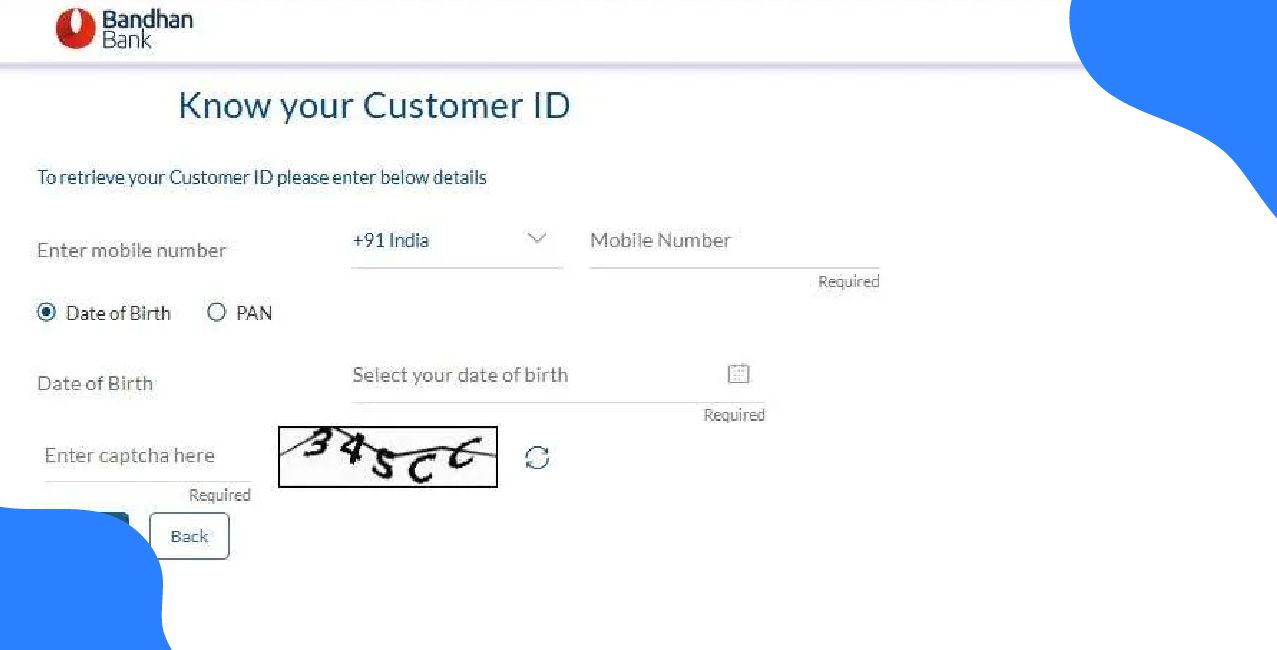
.png)
